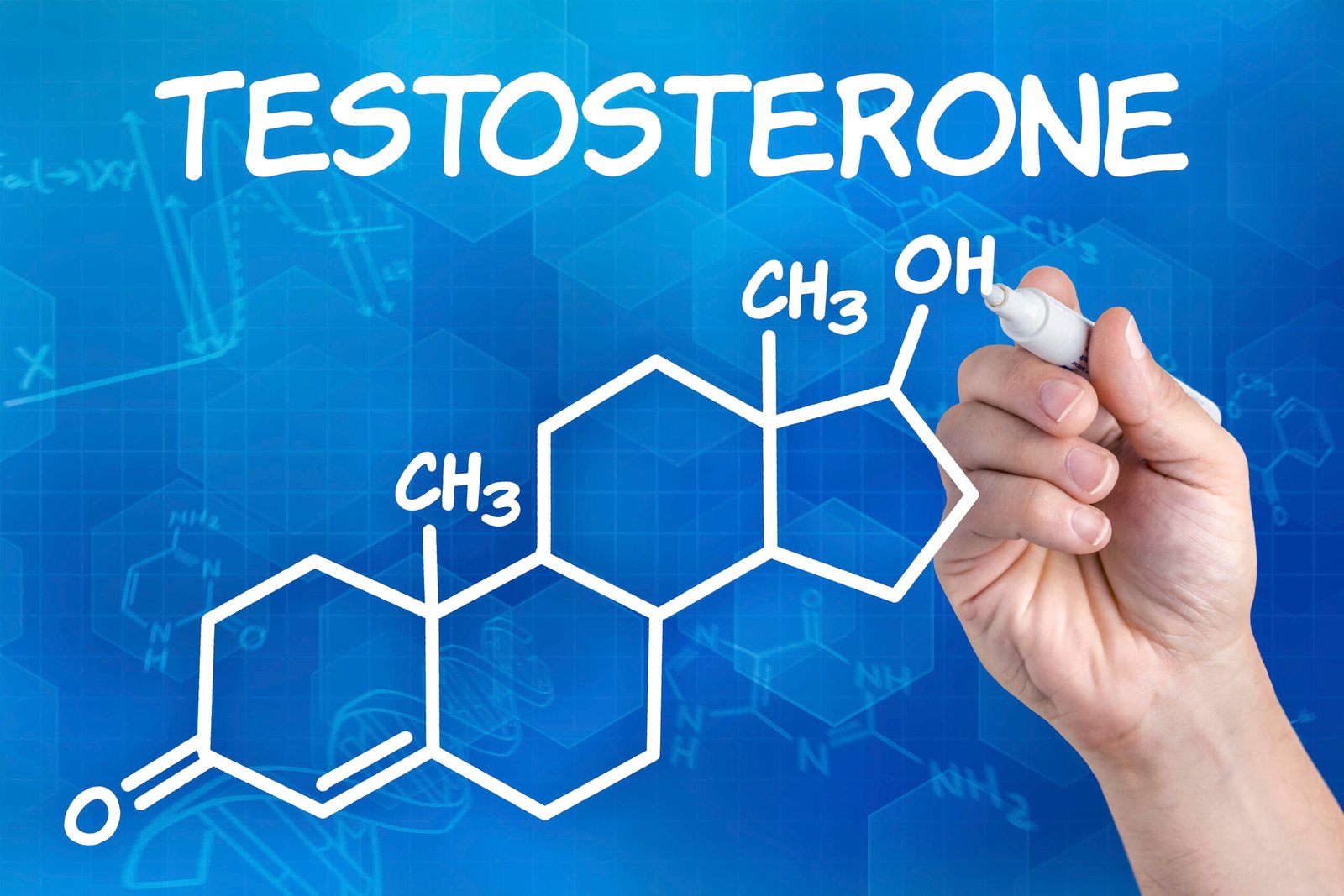Losing weight can feel like an uphill battle, especially with so many fad diets and quick fixes flooding the market. However, the key to sustainable weight loss lies in natural, science-backed methods that not only help you shed pounds but also improve your overall health. In this article, Dr. Zaar shares proven natural weight loss remedies that are safe, effective, and easy to incorporate into your daily routine.
Why Choose Natural Weight Loss Remedies?
Natural weight loss remedies focus on making gradual, sustainable changes to your diet, lifestyle, and habits. Unlike crash diets or extreme measures, these methods promote long-term health and well-being. They help you:
- Lose weight without compromising your nutrition.
- Boost your metabolism naturally.
- Improve energy levels and mood.
- Reduce the risk of chronic diseases like diabetes and heart disease.
Let’s explore the top natural remedies for weight loss.
Top Natural Weight Loss Remedies by Dr. Zaar
1. Adopt a Whole-Foods-Based Diet
Your diet plays a crucial role in weight loss. Focus on nutrient-dense, whole foods that keep you full and energized. Here’s how:
- Load Up on Fruits and Vegetables: They’re low in calories but high in fiber, which aids digestion and keeps you full.
- Choose Lean Proteins: Incorporate eggs, chicken, fish, tofu, and legumes to support muscle growth and reduce cravings.
- Include Healthy Fats: Avocados, nuts, seeds, and olive oil can help you feel satisfied and prevent overeating.
- Avoid Processed Foods: Cut back on sugary snacks, refined carbs, and packaged meals, which are often high in empty calories.
2. Stay Hydrated
Drinking enough water is essential for weight loss. It helps:
- Boost metabolism.
- Reduce hunger by keeping you full.
- Flush out toxins and improve digestion.
Aim for at least 8-10 glasses of water daily. Start your day with a glass of warm water and lemon to kickstart your metabolism.
3. Incorporate Metabolism-Boosting Foods
Certain foods can naturally increase your metabolic rate, helping you burn more calories. Add these to your diet:
- Green Tea: Contains catechins that boost fat burning.
- Spices like Cayenne Pepper and Ginger: Increase thermogenesis, helping your body burn more calories.
- Apple Cider Vinegar: May reduce appetite and improve metabolism.
4. Practice Portion Control
Overeating, even healthy foods, can hinder weight loss. Use smaller plates, eat slowly, and listen to your body’s hunger cues to avoid overindulging.
5. Exercise Regularly
Physical activity is essential for burning calories and building muscle. Here’s how to get started:
- Cardio Workouts: Activities like walking, running, or cycling help burn fat.
- Strength Training: Builds muscle, which increases your resting metabolic rate.
- Incorporate Movement into Your Day: Take the stairs, walk during breaks, or do short home workouts.
6. Get Enough Sleep
Poor sleep disrupts hormones that regulate hunger and appetite, leading to weight gain. Aim for 7-9 hours of quality sleep each night to support your weight loss goals.
7. Manage Stress
Chronic stress triggers the release of cortisol, a hormone that promotes fat storage, especially around the abdomen. Practice stress-reducing techniques like:
- Meditation and yoga.
- Deep breathing exercises.
- Spending time in nature or with loved ones.
8. Try Intermittent Fasting
Intermittent fasting involves cycling between periods of eating and fasting. Popular methods include the 16:8 method (fast for 16 hours, eat during an 8-hour window) or the 5:2 method (eat normally for 5 days, restrict calories for 2 days). This approach can help reduce calorie intake and improve metabolism.
9. Use Natural Appetite Suppressants
Certain foods and herbs can help curb cravings and reduce appetite:
- Fiber-Rich Foods: Oats, chia seeds, and flaxseeds keep you full longer.
- Herbal Teas: Peppermint and chamomile tea can reduce hunger pangs.
- Protein-Rich Snacks: Greek yogurt, nuts, and boiled eggs are great options.
10. Stay Consistent and Patient
Weight loss is a gradual process. Focus on making sustainable changes rather than seeking quick results. Celebrate small milestones and stay committed to your goals.
Long-Term Strategies for Sustainable Weight Loss
To maintain your weight loss and improve overall health, consider these long-term strategies:
1. Create a Balanced Meal Plan
Plan your meals in advance to ensure you’re eating a variety of nutrient-dense foods. Include a mix of proteins, healthy fats, and complex carbs.
2. Track Your Progress
Keep a food diary or use a fitness app to monitor your calorie intake, exercise, and weight loss progress. This can help you stay accountable.
3. Stay Active Throughout the Day
Incorporate movement into your daily routine, such as walking after meals, stretching, or doing household chores.
4. Seek Support
Join a weight loss group, work with a nutritionist, or partner with a friend to stay motivated and share your journey.
Common Myths About Natural Weight Loss
Let’s debunk some common misconceptions:
1. Myth: You Need to Starve Yourself to Lose Weight
Extreme calorie restriction can slow your metabolism and lead to nutrient deficiencies. Focus on eating balanced, portion-controlled meals instead.
2. Myth: All Carbs Are Bad
Not all carbs are created equal. Whole grains, fruits, and vegetables are healthy sources of carbohydrates that provide energy and nutrients.
3. Myth: Supplements Are a Magic Solution
While some supplements can support weight loss, they’re not a substitute for a healthy diet and exercise.
When to Seek Professional Help
If you’re struggling to lose weight despite your efforts, consult a healthcare professional. They can help identify underlying issues like hormonal imbalances or thyroid problems and provide personalized guidance.
Conclusion
Natural weight loss remedies offer a safe, effective, and sustainable way to achieve your goals. By adopting a balanced diet, staying active, managing stress, and making small lifestyle changes, you can shed pounds and improve your overall health. Remember, consistency and patience are key. Start your journey today and take the first step toward a healthier, happier you.
Dr. Zaar is a renowned health and wellness expert with over 15 years of experience in nutrition, fitness, and weight management. Follow her for more tips on achieving your health goals.
If you learn more about Naturally Weight Loss, Please visit the drzaar.com










